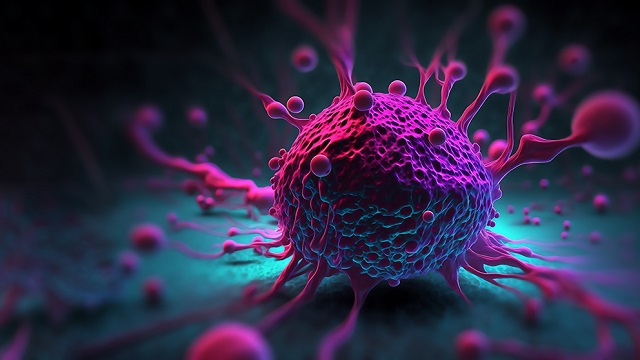A new method has been developed that can change the behaviour of certain cells in the body, transforming them from helping cancer grow to fighting it. Normally, there are cells in our bodies that support tumours by supplying them with the nutrients they need to grow. These cells, known as tumour-associated macrophages (TAMs), play a major role in cancer development. However, scientists have found a way to alter these cells so they start attacking and killing the tumour cells instead of helping them.
The new technique works by reprogramming TAMs. Researchers introduced a special treatment that changes the way these cells behave. In their normal state, TAMs are part of the immune system, but they don’t always fight cancer cells effectively. They often promote tumour growth by supplying oxygen and nutrients. However, when scientists modify them using this new method, the cells become aggressive fighters, targeting the tumour cells directly.
This breakthrough could lead to more effective cancer treatments in the future. Instead of relying only on traditional treatments like chemotherapy and radiation, doctors could use this method to change the tumour-supporting cells in a patient’s body, turning them into cancer fighters. This approach could also be safer, as it might not cause as much damage to healthy cells around the tumour, unlike chemotherapy.
Researchers are still working to perfect the method and understand how it can be used in different types of cancer. But the early results are promising. If this approach proves successful in larger trials, it could become an important tool in the fight against cancer, giving doctors a new way to treat patients more effectively and with fewer side effects.
This method is an exciting step forward in cancer research, showing that it may be possible to change the body’s cells to fight diseases like cancer from within. With more research, scientists hope to make this treatment widely available, helping patients around the world.







